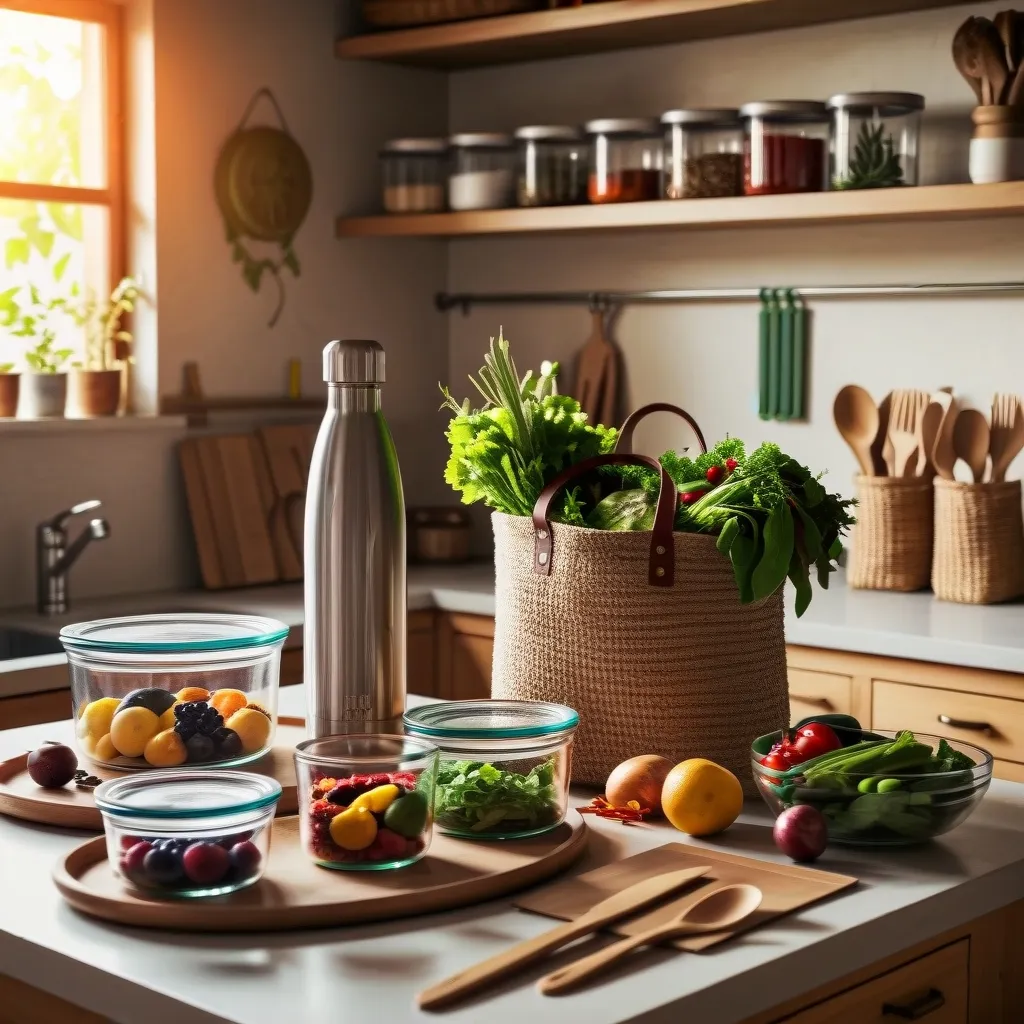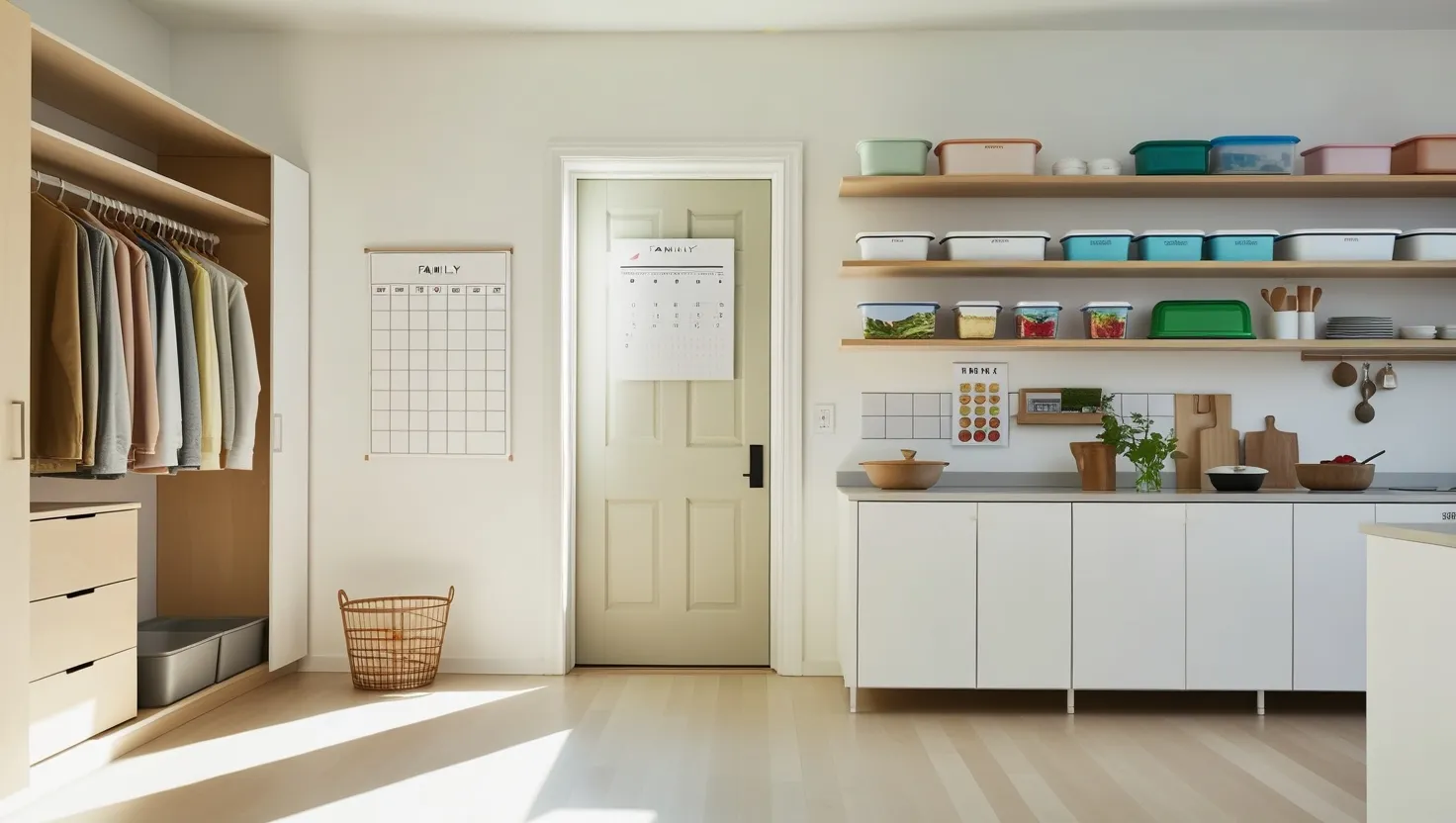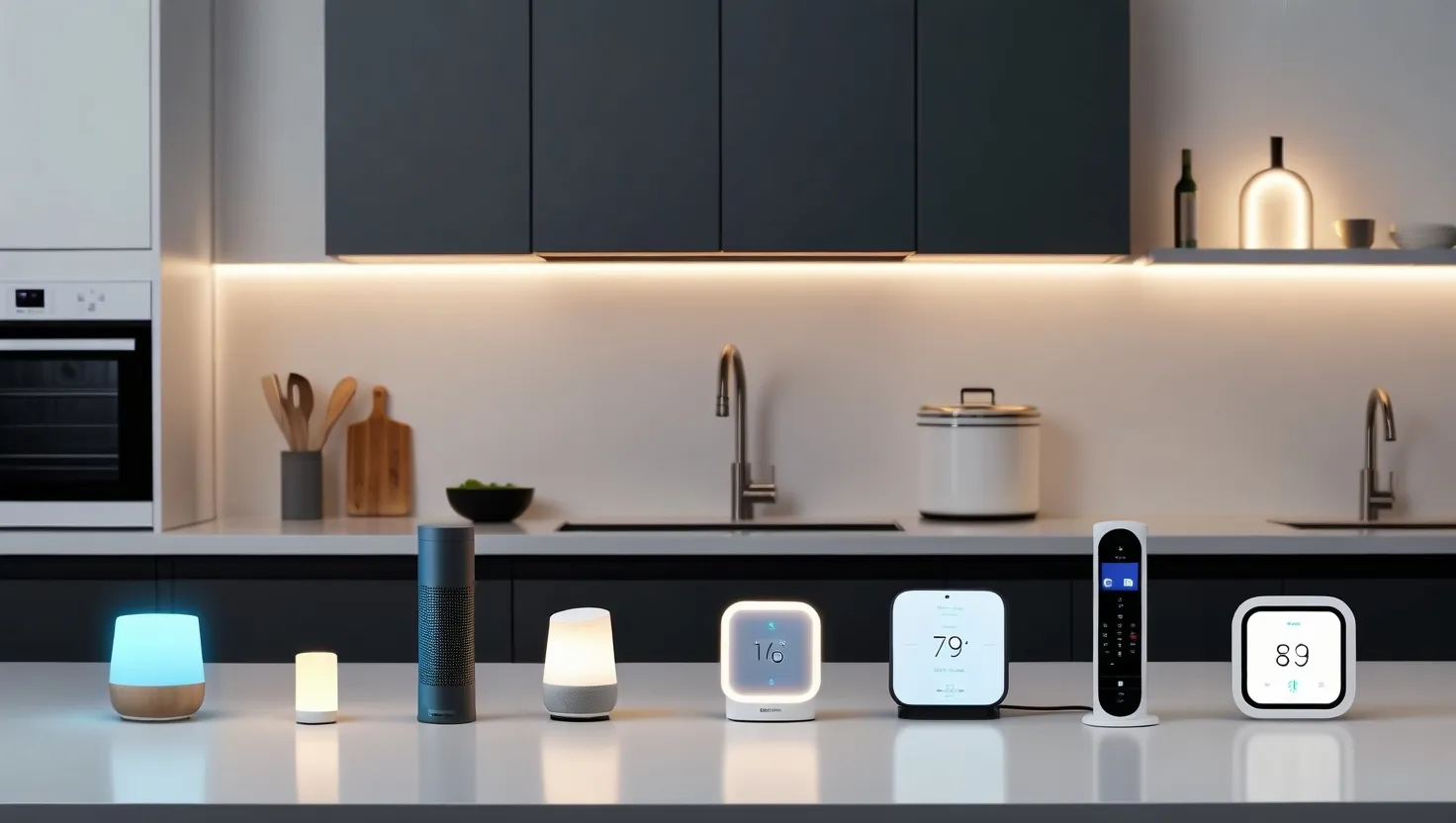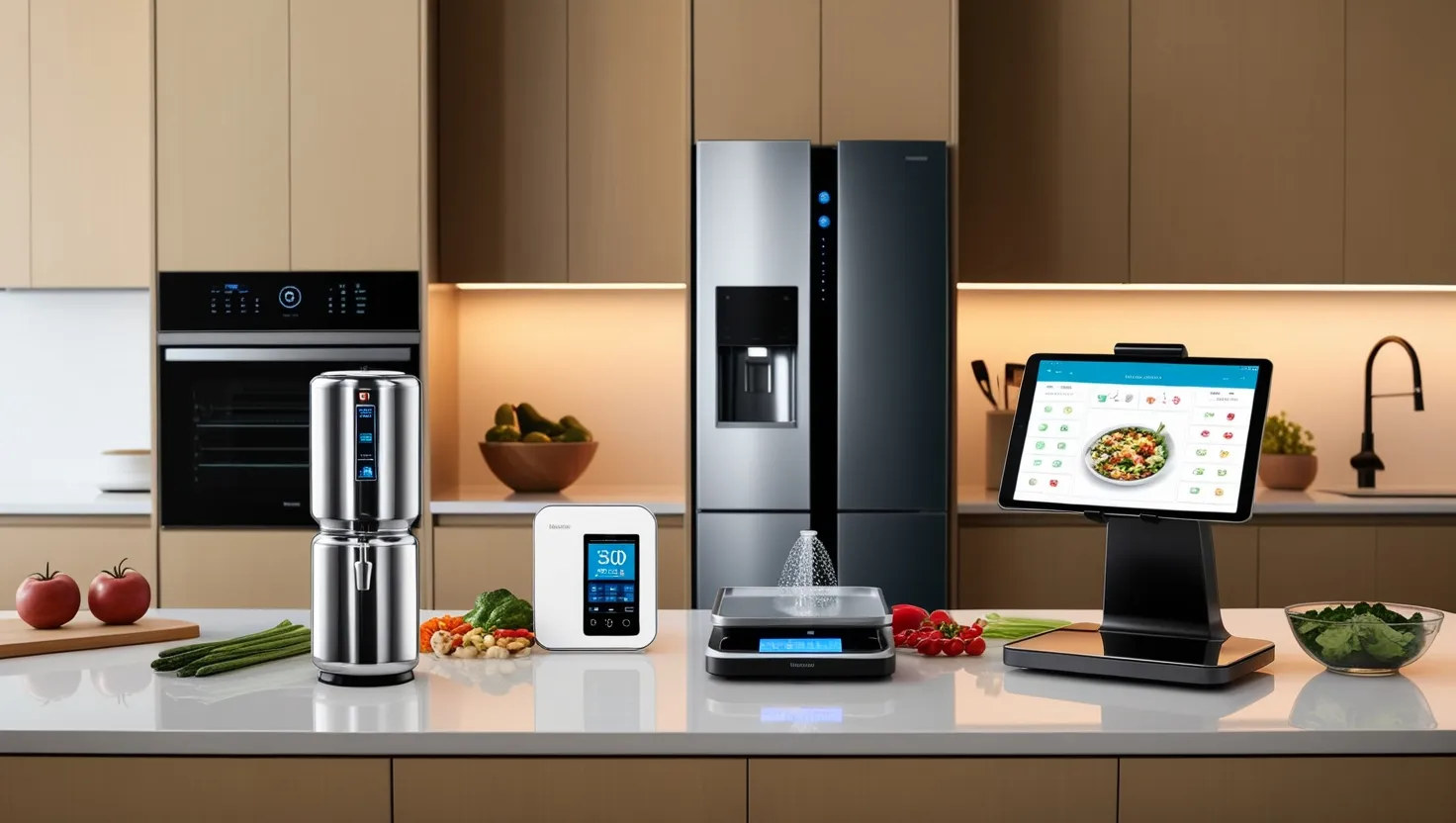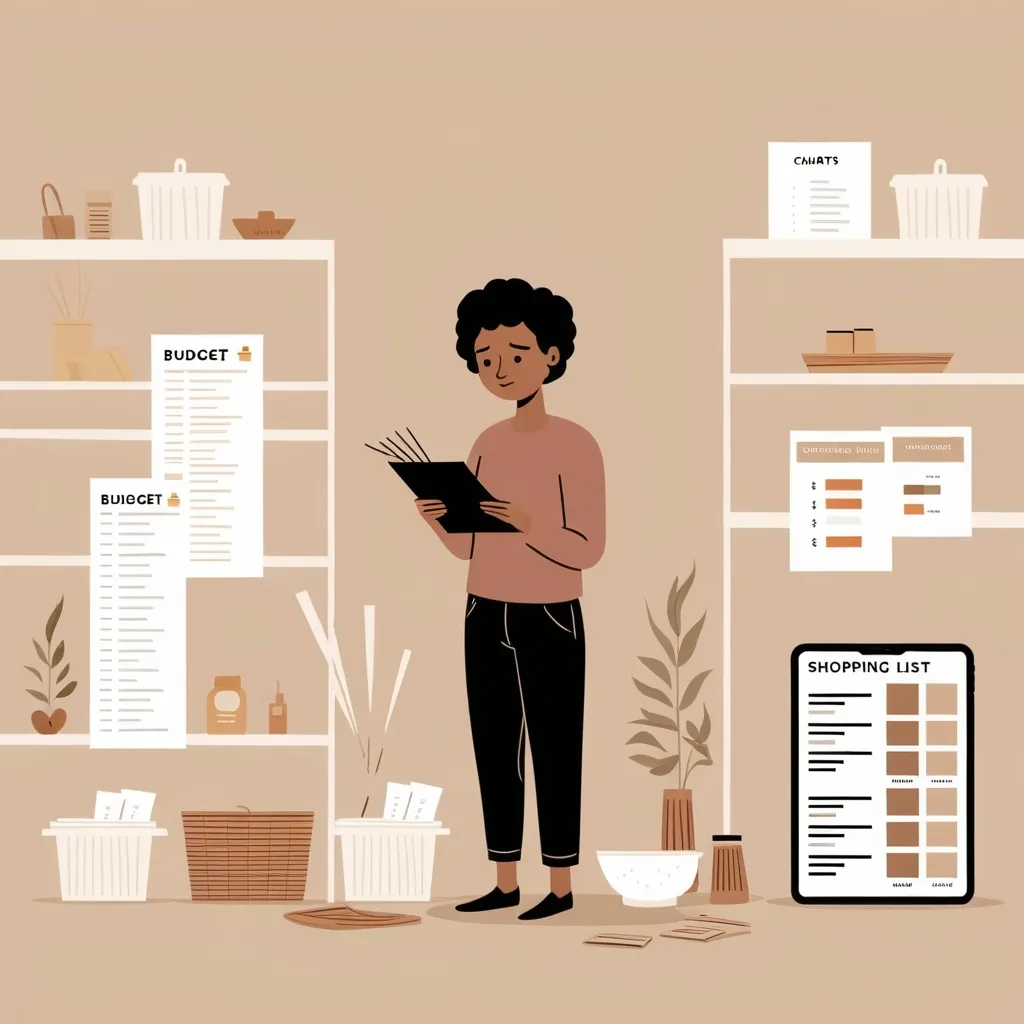In our day and age, single-use plastics have become a rampant issue impacting our environment severely. These convenient tools ironically create long-term problems—polluting oceans, harming wildlife, and even affecting our health. But don’t despair because there’s a silver lining. We can pivot to a more eco-friendly lifestyle by switching to reusable products. This change is straightforward yet remarkably effective in cutting down your plastic footprint and supporting a more sustainable way of life.
First things first: you need to take a close look at how much plastic you’re using on the daily. Start taking mental notes of plastic water bottles, disposable cutlery, plastic bags, food packaging, and even personal care products cluttering your space. Awareness is the cornerstone here; once you know where single-use plastics sneak into your life, you can start making eco-friendly swaps. For example, ditch those daily plastic water bottles for a reusable one—simple yet impactful.
Speaking of which, one of the smartest moves you can make is investing in a good reusable water bottle. Go for something made from stainless steel or glass. Not only does this switch save hundreds of plastic bottles from landfills and oceans, but it also saves you money in the long run. With tons of stylish and functional options around, it’s easier than ever to find a reusable water bottle you’ll love to carry everywhere.
Next up, let’s talk bags. Ditching plastic bags for cloth or canvas totes is a no-brainer. Keep a few handy in your car or by the front door to make sure you never leave home without them. These reusable bags are usually stronger and more durable than their flimsy plastic counterparts. This simple change can significantly reduce the millions of plastic bags that pollute our planet each year.
Food storage is another area ripe for improvement. Swap out your plastic containers for options made from glass or stainless steel. These alternatives last longer, and they’re better for your health since they don’t leach chemicals into your food. Glass containers are prefect for leftovers, keeping your food fresh while you help save the planet. Silicone food storage bags are another cool option for replacing single-use plastic bags and packing your snacks or lunches.
Going out or bringing lunch to work? Carry a set of reusable cutlery and a metal or bamboo straw instead of relying on disposable plastic ones. These items are easy to clean and much kinder to the environment. Plus, who wouldn’t enjoy the novelty of having their sustainable cutlery set? It’s a small, yet effective change that can help reduce the plastic waste that often ends up harming marine life.
Mindful shopping is another crucial element. Choose products that come with minimal or no plastic packaging. When you go grocery shopping, opt for loose produce and bulk items. Farmer’s markets often offer fresh produce without the unnecessary plastic packaging, making them a great place to score eco-friendly goods. Bring your own produce bags and containers to the store to cut down on plastic waste.
Cleaning supplies can be another surprise culprit for plastic waste. Many household cleaners come in single-use plastic bottles. A fun and eco-friendly alternative is to make your own cleaning solutions using simple ingredients like vinegar, baking soda, and essential oils. Store them in glass containers, and you’ll cut down on plastic waste while also saving money and ensuring you’re using safer, chemical-free products.
Personal care products also come with their fair share of plastic. Switch to shampoo bars, soap bars, and toothpaste tablets packaged in paper or other compostable materials. Consider reusable menstrual products like cloth pads or menstrual cups to cut down on disposable items. Go for natural, biodegradable options to help safeguard the planet.
There are countless opportunities in the kitchen to reduce plastic use. Store leftovers in glass containers instead of using plastic wrap or bags. Compost food scraps to create nutrient-rich soil for your garden. Drink from reusable bottles and mugs. Every little bit helps.
Traditional lunches often rely heavily on single-use plastics, from sandwich bags to granola bar wrappers. Instead, try reusable lunch boxes, inspired by bento boxes, which keep your food organized without individual wraps. Compostable sandwich bags or beeswax wraps are also great alternatives. By taking your reusable lunch box with you to restaurants or cafes, you can avoid contributing to plastic waste when you take home leftovers.
Supporting sustainable brands that are dedicated to reducing their environmental impact amplifies your own efforts. Look for companies that prioritize minimal packaging, reusable products, and eco-friendly materials. Your purchasing choices can drive significant environmental improvements and support a larger movement towards change.
Raise awareness by sharing your journey towards a plastic-free home with friends and family. Engage in conversations about the environmental impact of single-use plastics and inspire others to make similar changes. Supporting plastic-free initiatives and advocating for policy changes can also create a wider impact. Every small change adds up to make a significant difference for our planet.
When it comes to living a sustainable lifestyle, reducing plastic is just the beginning. It’s all about adopting a holistic approach—considering every aspect of how your choices impact the environment. Whether it’s the products you buy, the way you travel, or the energy you consume, every decision counts. Sustainable living is about respecting and preserving the planet for future generations. Your mindful choices and eco-friendly habits can significantly reduce your environmental footprint.
People often wonder if individual actions can genuinely impact the plastic crisis. The answer is a resounding yes. Small steps taken by millions can lead to substantial change. Simple actions like using a reusable water bottle or refusing plastic bags contribute to a larger movement towards sustainability.
Starting with small changes is easier than you think. Use reusable water bottles, refuse plastic bags, and buy in bulk. Such initial steps can set the stage for more significant changes in the future. Moreover, reducing plastic usage can lower your exposure to harmful chemicals often found in plastic products, benefiting both you and the environment.
It might seem overwhelming at first to transition to a plastic-free or reduced-plastic lifestyle, but every little change helps create a healthier planet. By embracing reusable alternatives and adopting eco-friendly habits, you can significantly cut down on single-use plastics. Your choices matter, and together we can ensure a cleaner, greener world for the generations to come.
In conclusion, taking steps to reduce single-use plastics is a crucial part of sustainable living. By making small, conscious choices and supporting brands with eco-friendly values, you’re not only cutting down on waste but also contributing to a healthier planet. Start your journey toward a greener life today, and encourage others to join in this vital mission. Together, we can make a positive and lasting impact on the environment.
